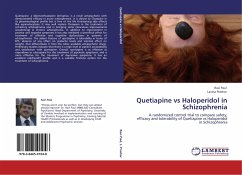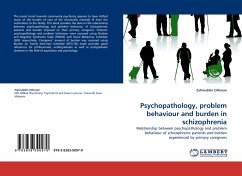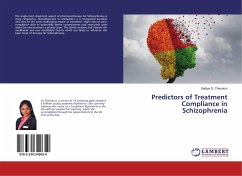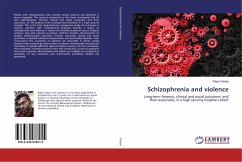Quetiapine, a dibenzothiazepine derivative, is a novel antipsychotic with demonstrated efficacy in acute schizophrenia. It is closest to Clozapine in its pharmacological profile but is free of the life threatening side effects like agranulocytosis. It may well replace Clozapine in the treatment of refractory schizophrenia and in bringing some miraculous improvements (awakening) in chronic schizophrenia. In addition to improvement in positive and negative symptoms it has also exhibited a beneficial effect for treatment of affective and cognitive dysfunctions in patients of schizophrenia. The salient feature of quetiapine is tolerability in terms of EPS, absence of any effect on prolactin levels and minimal effect on weight, that differentiate it from the other available antipsychotic drugs. Preliminary studies indicate that there is a high level of patient acceptability and satisfaction with quetiapine. Overall, quetiapine is as effective as risperidone or olanzapine for the treatment of psychotic symptoms, and is more effective for the treatment of depressive symptoms. It has an excellent risk/benefit profile and is a suitable first-line option for the treatment of schizophrenia.
Bitte wählen Sie Ihr Anliegen aus.
Rechnungen
Retourenschein anfordern
Bestellstatus
Storno








